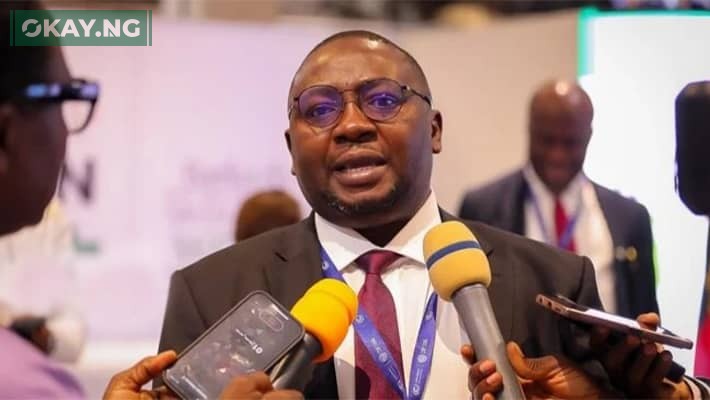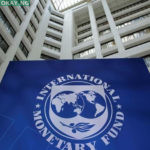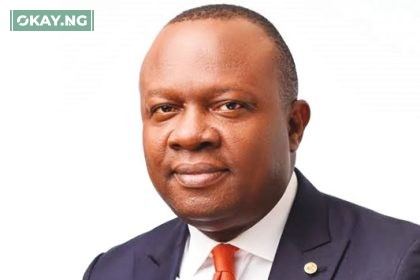Nigeria’s power sector witnessed a remarkable financial turnaround in 2024, generating an additional N700 billion in revenue—a 70 percent increase compared to 2023. This was disclosed by the Minister of Power, Adebayo Adelabu, during the 6th edition of the 2025 Ministerial Press Briefing Series held in Abuja on Thursday.
According to the minister, the revenue boost stems largely from recent tariff reforms, particularly the implementation of cost-reflective tariffs for Band A customers. “This marks the most significant revenue growth the sector has ever recorded, far surpassing the previous high of 20 percent,” Adelabu stated.
He explained that the increased revenue has helped reduce the government’s electricity subsidy burden by 35 percent, lowering the shortfall from N3 trillion to N1.9 trillion. Adelabu described this outcome as evidence that financial sustainability and improved service delivery in the power sector are achievable simultaneously.
Highlighting Nigeria’s commitment to broadening energy access, Adelabu referenced the country’s participation in the Nigerian Energy Compact, signed in Tanzania earlier this year. The initiative, supported by the World Bank and the African Development Bank, targets extending electricity access to 300 million Africans by 2030, out of the estimated 600 million currently without power.
The minister noted that the initiative would be driven by five key pillars: expanding energy generation, strengthening utility performance, incentivising private sector investment, accelerating renewable energy adoption, and enhancing regional integration.
On policy development, Adelabu announced that the Federal Ministry of Power has finalized the National Integrated Electricity Policy (NIEP) in line with the Electricity Act of 2023. The comprehensive framework outlines a strategic roadmap aimed at delivering a resilient, efficient, and sustainable electricity market in Nigeria.
The policy, he said, has already been presented to President Bola Tinubu and is currently awaiting approval from the Federal Executive Council. Once approved, it will serve as a guiding document for all stakeholders—including regulators, investors, operators, and the supervising ministry—by promoting a data-driven, evidence-based approach to power sector transformation.












